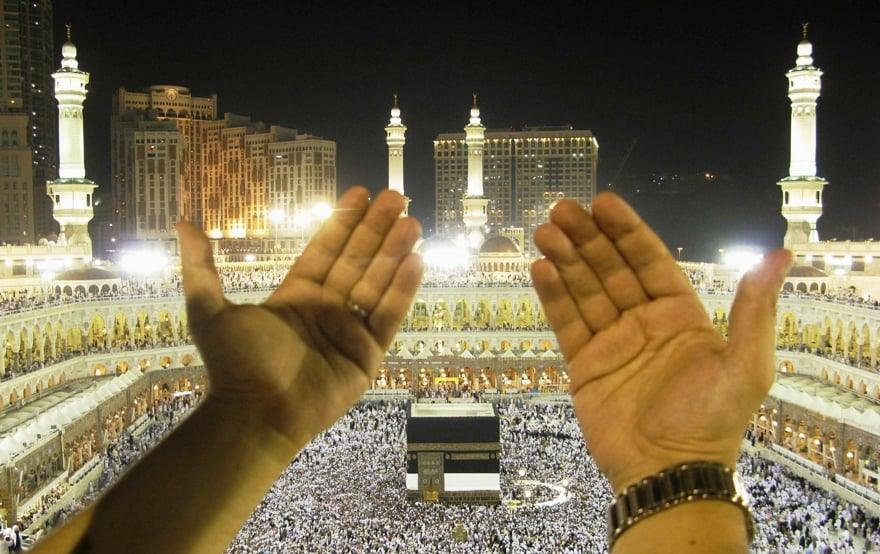Islamabad:
The Ministry of Religious Affairs and Interreligious Harmony announced on Sunday that a 45-member Saudi delegation has arrived in Pakistan to assess the events of the ‘Road to Makkah’ project in an attempt to facilitate Pakistani pilgrims in the upcoming Hajj season.
According to the ministry’s spokesman Muhammad Umar Butt, officials from the ministry received warm the delegation of Islamabad International Airport (IIA).
During the ‘Road to Makkah’ initiative, a total of 50,500 Pakistani Pilgrims travel to Saudi -Arabia via designated flights, he said, adding that approx. 28,000 pilgrims will fly from IIA, while 22,500 will fly from Karachis Jinnah International Airport. He also stated that 100 aircraft will work from Islamabad and 80 from Karachi during the project.
Umar Butt said that dedicated immigration counters for pilgrims will be established in both Islamabad and Karachi airports. According to the ‘Road to Makkah’ project, Pilgrims’ immigration procedures will be completed in Pakistan, eliminating the need for approval on arrival in Saudi Arabia, he maintained.
Umar Butt said the ministry has issued important guidelines for pilgrims. He said it is mandatory for all pilgrims to receive important vaccinations before departure. Pilgrims are advised to visit the nearest Haji camp to receive free vaccinations against meningitis, influenza and polio, he said, adding that after vaccination it is not allowed to obtain the yellow vaccination card, as entry into Saudi Arabia without a valid vaccination certificate is not allowed.
Umar Butt said that pilgrims over the age of 65 should carry their original vaccination card from Covid-19, which in the absence of the card, is instructed senior pilgrims to be vaccinated at the nearest Haji camp and get a new certificate.
Umar Butt said the ministry also issued a strong warning against fraudulent Hajj permissions. “Pilgrims may only travel with valid and approved Hajj permissions,” the ministry spokesman said, adding that the ministry had warned that fake companies and unauthorized advertisements could mislead pilgrims with false permits, leading to serious consequences.



